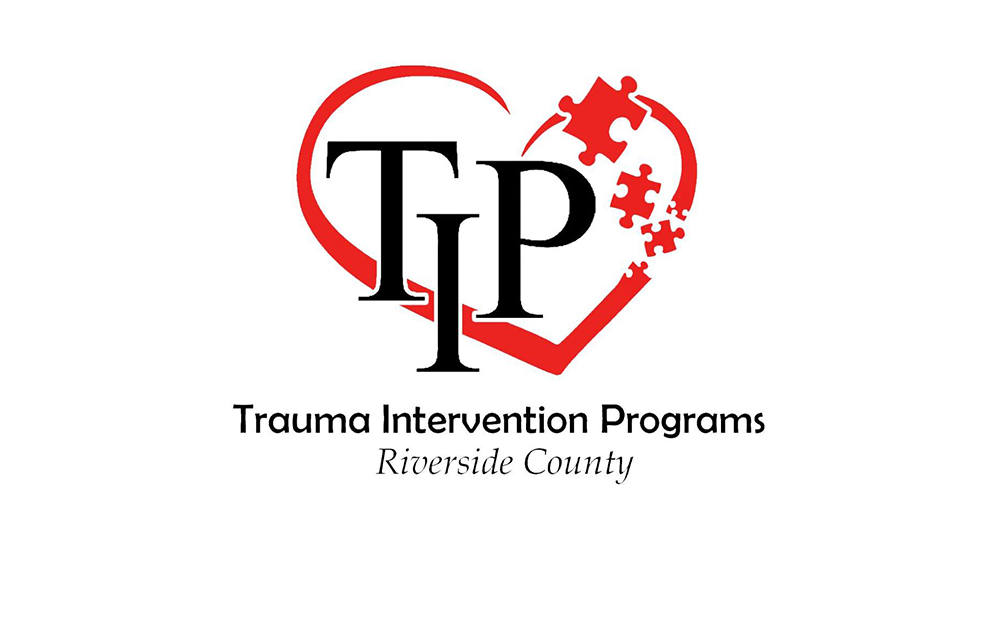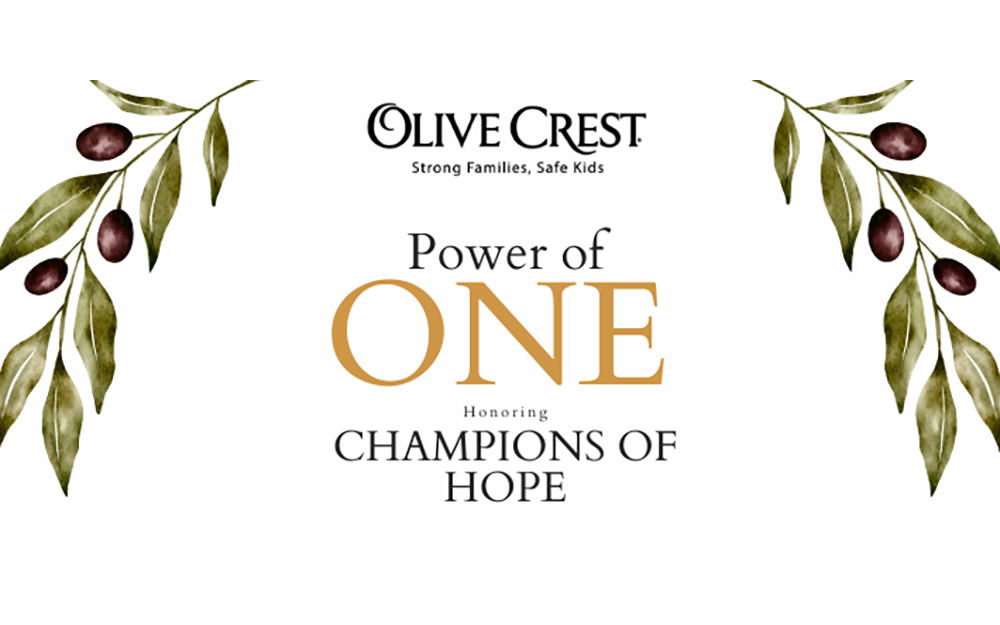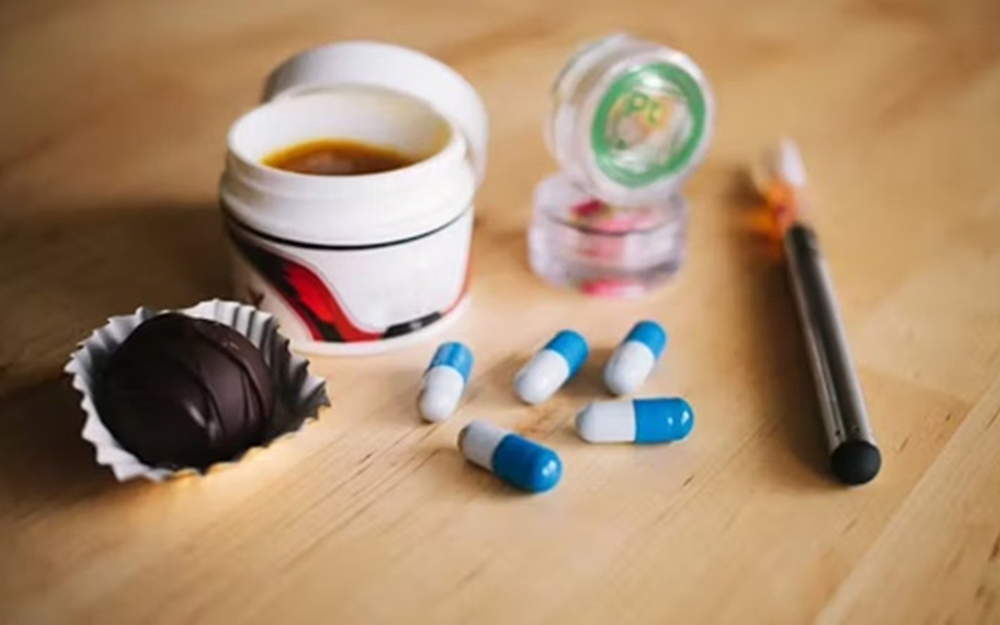
BY RUTH HILL R.N.
Today’s hemp market has moved way beyond CBD. The loopholes in the 2018 Farm Bill signed into law by President Trump, have led to the unregulated proliferation of high-dose Δ9-tetrahydrocannabinol (THC) consumables and novel synthetic intoxicants. The Farm Bill allowed hemp products to be labeled safe wellness supplements removing them from regulation by the Food and Drug Administration (FDA). Hemp-derived intoxicating cannabinoids, such as Δ9-THC) and Δ8-tetrahydrocannabinol (Δ8THC), took the U.S. and global consumer marketplace by storm. Congress never intended to open the floodgates for these intoxicating, synthetic products.
Non-Intoxicating Naturally Derived Cannabinoid Products
This category includes non-intoxicating natural cannabinoids that can be extracted from hemp (or cannabis), such as Cannabidiol (CBD), cannabidiolic acid (CBDA), and Cannabigerol (CBG). These compounds should be authorized as food additives consistent with state law and regulated appropriately under federal and state authorities based on the product’s end use, i.e., topicals, ingestibles and inhalables.
Intoxicating Naturally Derived Cannabinoid Products
This category includes traditional THC and other naturally occurring and intoxicating cannabinoids. These compounds (including delta-8) are molecularly similar to THC. As such, they should be treated in a manner that aligns with state-regulated cannabis products. All intoxicating cannabinoid products – whether derived from cannabis or hemp (which are the same plant) – should fall under the jurisdiction of state cannabis programs and be subject to the same sales and marketing restrictions and safety standards.
Intoxicating cannabinoids can by synthesized from cannabinoids, such as CBD, found in hemp, and therefore became federally legal alongside hemp. The U.S. market for hemp-derived intoxicating cannabinoids increased 1,283% in just three years to become a multibillion-dollar market. More than one in 10 (11.4%) 12th-grade students reported Δ8-THC use. Use prevalence was higher in the South and Midwest U.S. and in states without legal adult-use marijuana or Δ8-THC regulations. This has led to a crisis in teenage seizures, acute respiratory failure, heart attack, stroke, lung injury, kidney damage, psychosis, and even death.
An amendment proposed by Rep. Mary Miller, R-Ill., to the draft 2024 Farm Bill would close the “loophole,” making the intoxicating hemp-derived cannabinoid market illegal. The proposed amendment arbitrarily changes the current congressionally written definition of hemp to include only components of the Cannabis sativa L. plant and all derivatives, including extracts, and seeds that include less than 0.3% total THC (including THCA) on a dry-weight basis, and to exclude cannabinoids that are not capable of being naturally produced in the cannabis plant.
Paradoxically, select marijuana businesses have found themselves on the same side as prohibitionists in pushing such a ban. In a letter to congressional leaders last month, The U.S. Cannabis Council (USCC) proposed specific language they wanted to see included that would place hemp-derived cannabinoids containing any amount of THC under the definition of federally illegal marijuana.
Hemp industry advocates say the effect of the proposed language could be a ban on virtually all non-intoxicating CBD products as well, as most on the market contain at least trace levels of THC, consistent with the Farm Bill definition of hemp that allows for up to 0.3 percent THC by dry weight. The amendment would shutter what has become a multibillion-dollar market in the U.S.
Jonathan Miller, general counsel at the U.S. Hemp Roundtable says, “While we have for years strongly supported efforts to regulate hemp and CBD–even testifying to that effect before Congress–the Mary Miller Amendment throws the baby out with the bathwater, devastating a vibrant industry, killing tens of thousands of agriculture and retail jobs, and denying access to popular products that Americans count on for their health and wellness. The hemp industry is currently doing the hard work to become federally regulated. FDA is refusing to issue those regulations,” he said.
Since Congress usually makes mincemeat out of any law, do we need the Trump administration to put some common sense into this bureaucratic mess in 2025?
Send comments to cannaangel16@gmail.com









































